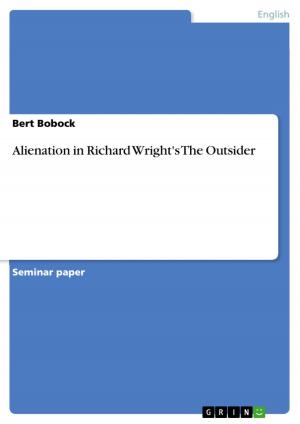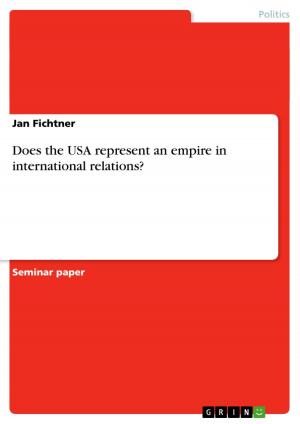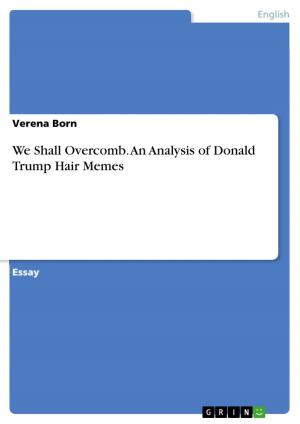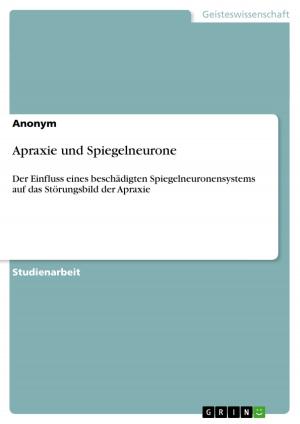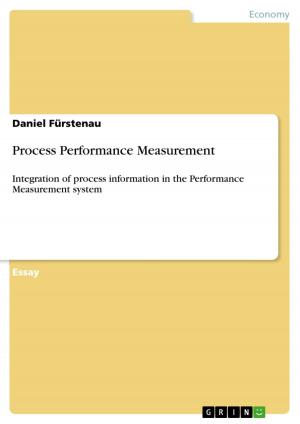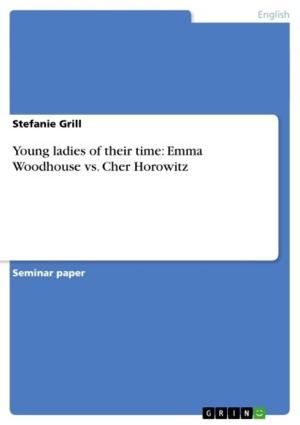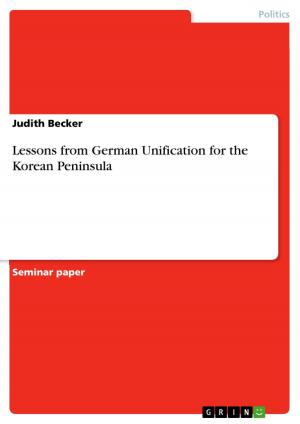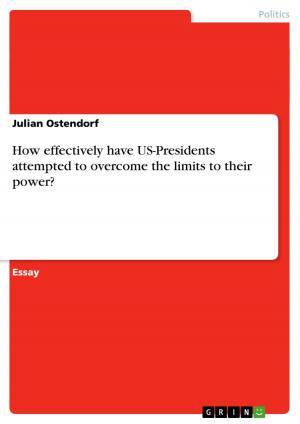The Effects of De-Regulation on the US Electric Power Market
Business & Finance, Management & Leadership, Leadership| Author: | Verena Keller | ISBN: | 9783640745814 |
| Publisher: | GRIN Publishing | Publication: | November 10, 2010 |
| Imprint: | GRIN Publishing | Language: | English |
| Author: | Verena Keller |
| ISBN: | 9783640745814 |
| Publisher: | GRIN Publishing |
| Publication: | November 10, 2010 |
| Imprint: | GRIN Publishing |
| Language: | English |
Examination Thesis from the year 2010 in the subject Economy - Theory of Competition, Competition Policy, grade: 2,0, Friedrich-Alexander University Erlangen-Nuremberg (Institut für Wirtschaftswissenschaften), language: English, abstract: Thomas Edison and Joseph Wilson Swan revolutionized the use of electricity by inventing the light bulb in 1879 (cf. Center for Solid State Science). With this new invention people finally had the possibility to light their homes and streets at night. Obviously this entailed a wide range of advantages in terms of the standard of economy, security, comfort and much more. However, with the invention and spread of the light bulb another problem occurred simultaneously: the need for nationwide electric power supply. Due to the lack of devices, there had been no need to supply power on the large scale before the invention of the light bulb. Now a solution for providing the populace with electric power had to be found. It was again Edison, who therefore laid the foundation, three years after he had in-vented the 'artificial light'. Simultaneously he intended, as can be deducted from the quotation above, that electricity became available and affordable for every-one.
Examination Thesis from the year 2010 in the subject Economy - Theory of Competition, Competition Policy, grade: 2,0, Friedrich-Alexander University Erlangen-Nuremberg (Institut für Wirtschaftswissenschaften), language: English, abstract: Thomas Edison and Joseph Wilson Swan revolutionized the use of electricity by inventing the light bulb in 1879 (cf. Center for Solid State Science). With this new invention people finally had the possibility to light their homes and streets at night. Obviously this entailed a wide range of advantages in terms of the standard of economy, security, comfort and much more. However, with the invention and spread of the light bulb another problem occurred simultaneously: the need for nationwide electric power supply. Due to the lack of devices, there had been no need to supply power on the large scale before the invention of the light bulb. Now a solution for providing the populace with electric power had to be found. It was again Edison, who therefore laid the foundation, three years after he had in-vented the 'artificial light'. Simultaneously he intended, as can be deducted from the quotation above, that electricity became available and affordable for every-one.


